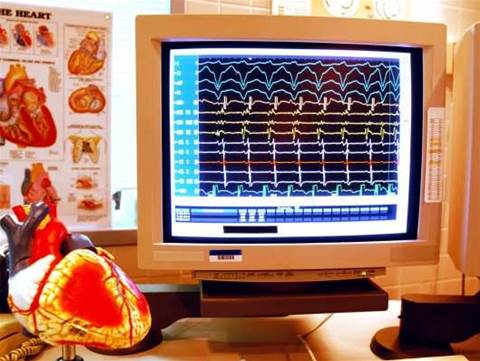The group was able to connect to devices, obtain patient information and cause them to shut down.
"Our investigation shows that an implantable cardioverter defibrillator is potentially susceptible to malicious attacks that violate the privacy of patient information and medical telemetry," the researchers wrote.
"The devices may experience malicious alteration to the integrity of information or state, including patient data and therapy settings for when and how shocks are administered.
"When these systems include wireless computing devices, additional precautions are necessary to ensure that the computing devices appropriately balance safety with convenience and do not introduce unacceptable risks."
The researchers recommended that device manufacturers implement basic systems that can alert patients and require authentication for a connection without consuming too much power.
Researchers hack into pacemakers
By
Shaun Nichols
on Mar 17, 2008 7:36AM

Got a news tip for our journalists? Share it with us anonymously here.
Partner Content

Beyond the box: How Crayon Is Redefining Distribution for the Next Era
_(27).jpg&h=142&w=230&c=1&s=1)
Promoted Content
Why Renew IT Is Different: Where Science, AI and Sustainability Redefine IT Asset Disposition

MSPs with a robust data protection strategy will achieve market success

Promoted Content
Have ticket queues become your quiet business risk?

How Expert Support Can Help Partners and SMBs Realize the Full Value of AI







.jpg&w=100&c=1&s=0)








_(1).jpg&q=95&h=298&w=480&c=1&s=1)


